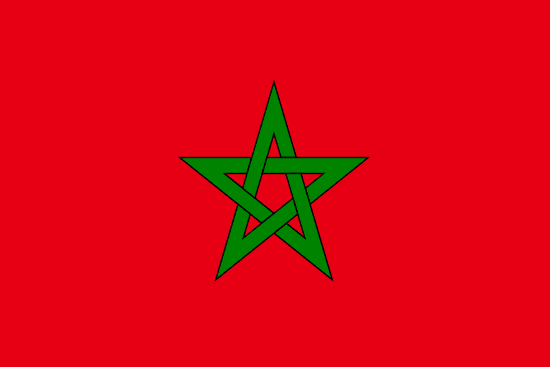"المدينة الصغيرة بالقلب الكبير | The small city with a big heart"
About:
Essaouira, a city in western Morocco, was established in the 18th century by Sultan Mohammed III as a key seaport. Known for its strong winds, it has become a renowned spot for windsurfing. The city's medina is a UNESCO World Heritage site, showcasing its historical significance. Its diverse cultural influences from Berber, Arab, African, and European communities have shaped its unique architectural and cultural identity. Today, Essaouira remains an important tourist and fishing hub.
When to visit:
Essaouira, a coastal city in Morocco, is best visited during the spring and fall seasons. The months of April to June and September to November offer pleasant weather with mild temperatures and less crowded streets. During these times, visitors can enjoy exploring the vibrant medina, relaxing on the sandy beaches, and experiencing the city's cultural festivals and events. It is advisable to avoid the summer months when Essaouira experiences hot temperatures and high humidity levels, making outdoor activities less enjoyable.
When to avoid:
Traveling to Essaouira, Morocco during the peak holiday season in the summer months of July and August can present challenges for visitors. The city experiences high temperatures reaching up to 35°C (95°F), making outdoor activities uncomfortable for many travelers. Additionally, the popular tourist attractions and beaches can become overcrowded during this time, diminishing the overall experience. It is advisable to avoid these months if seeking a more relaxed and enjoyable visit to Essaouira.
"Winter Season (Nov–Feb)"
In Essaouira, Morocco, the wettest part of the year is from November to February. Average temperatures hover around 15°C (59°F), but can drop to 10°C (50°F) at night. Rainfall averages 40mm per month, with December being the wettest. The city experiences about 7 hours of daily sunlight, with frequent cloud cover. An average day for a visitor might involve waking up to a cool, overcast morning, followed by intermittent showers throughout the day. Despite this, the moderate temperatures and the city's vibrant culture make it an enjoyable destination even in winter.
"Summer (June-September)"
In Essaouira, Morocco, the warmest part of the year occurs from June to September, with the peak temperatures generally in August. During this period, the average high temperatures range from 22°C (72°F) to 26°C (79°F), while the average low temperatures range from 18°C (64°F) to 21°C (70°F).
Rainfall is minimal during these months, often not exceeding 5mm per month, making it the driest season. The city experiences an average of 10 to 11 hours of sunlight per day, providing plenty of daylight for outdoor activities.
Humidity levels are relatively high, averaging around 80-85%, due to the coastal location of Essaouira. Despite this, the constant ocean breeze, known as the Alizée, helps to moderate the humidity and temperature, making the weather feel comfortable rather than stifling.
As for cloudiness, the sky is mostly clear or only partly cloudy, allowing for plenty of sunshine. However, mornings can sometimes start with a marine layer of fog, which usually burns off by midday.
A typical day for a visitor during the warmest part of the year in Essaouira would be pleasantly warm but not excessively hot. The mornings might start off a bit foggy, but as the day progresses, the fog lifts, revealing a mostly sunny and bright day. The constant ocean breeze makes strolling through the city or lounging on the beach a delightful experience, despite the high humidity. The minimal rainfall ensures that outdoor plans are rarely disrupted.
Language:
In Essaouira, a city in Morocco, the commonly spoken languages are Moroccan Arabic and Berber. Moroccan Arabic, also known as Darija, is the official language and is used in daily communication, while Berber is spoken by the indigenous Amazigh people. French is also widely understood and used in business and government.




